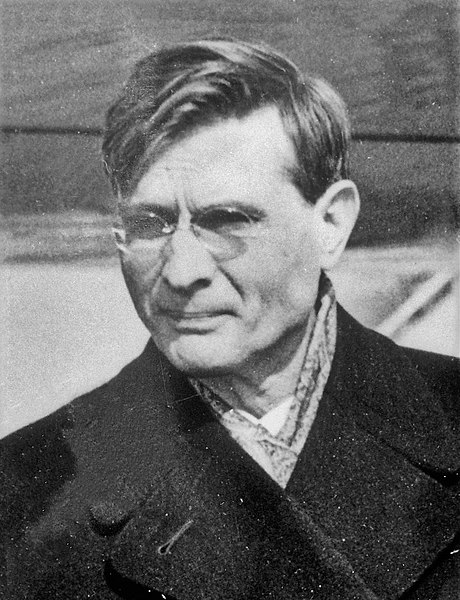Introduction
DETERMINED TO DESTROY US
An Axis Victory Cold War Timeline by SirPaperweight
"When our party had only seven men,
it already had two principles.
First, it wanted to be a party with a true ideology.
And second, it wanted to be the one and only power in Germany."
Adolf Hitler
An Axis Victory Cold War Timeline by SirPaperweight
"When our party had only seven men,
it already had two principles.
First, it wanted to be a party with a true ideology.
And second, it wanted to be the one and only power in Germany."
Adolf Hitler
Certainly, much could have been done to avert the great catastrophe of the twentieth century. The French could have stopped the militarization of the Rhineland; the Soviets could have attacked Germany while it was busy with Britain; the Americans could have stepped out of their shell of isolation. Regardless, the Third Reich sidestepped all opposition, crippling the French nation, dismantling the British Empire and conquering the Soviet Union. All of continental Europe was under the banner of the Axis by 1945. What followed was the greatest disaster in the history of humankind. The Nazis implemented their master plan for the domination of Europe, working with ruthless zeal to annihilate Slavs, Jews, homosexuals, Romani, disabled people, communists and anyone else who stood in the way of the Nazi ideals for a perfect society. By the time the Third Reich collapsed, Eastern Europe was thoroughly Germanized. The nation-state of Russia was permanently confined to the region east of the Ural Mountains.
All the while, the world teetered on the brink of nuclear war, as the Third Reich and the United States engaged in a frantic arms race, each trying to get the upper hand over the other. While the Cold War spurred on scientific development, it also saw immense suffering. Bloody proxy wars raged across the world, with guerrilla tactics employed on a regular basis. War crimes were frighteningly common. Behind the Atlantic Wall, Nazi authorities ruled with an almost inhuman brutality, but they eventually learned a harsh truth: even the bloodiest methods cannot stop an angered populace. In the trials it faced, the Reich found itself wanting; the United States emerged as the world's sole superpower, but it inherited an Earth scarred by genocide and war.
This is the story of that Cold War, from the establishment of a new European order in the Treaty of Theoderichshafen to the end of the Nazi regime.
---------------------------------------------------------------
Hi there. Long time lurker who decided to try my hand at a timeline. It's a bit of a cliche topic, but it’s an interesting cliche; Nazi Germany is highly unlike any other state in history perhaps except the Soviet Union. My goal with this TL is to create a somewhat plausible US-Nazi Cold War, with Nazi Germany still run by Hitler and his crazy ideals. It'll start just after the end of the German-Soviet War (I'm going to be sparse on details about the wars, as this is a Cold War TL). I'll have to jump around in time as I cover different parts of the world. Sorry about that, but I couldn't get everything to flow right without breaking chronological order. I hope y'all enjoy reading this as much as I'm enjoying the process of making it.



